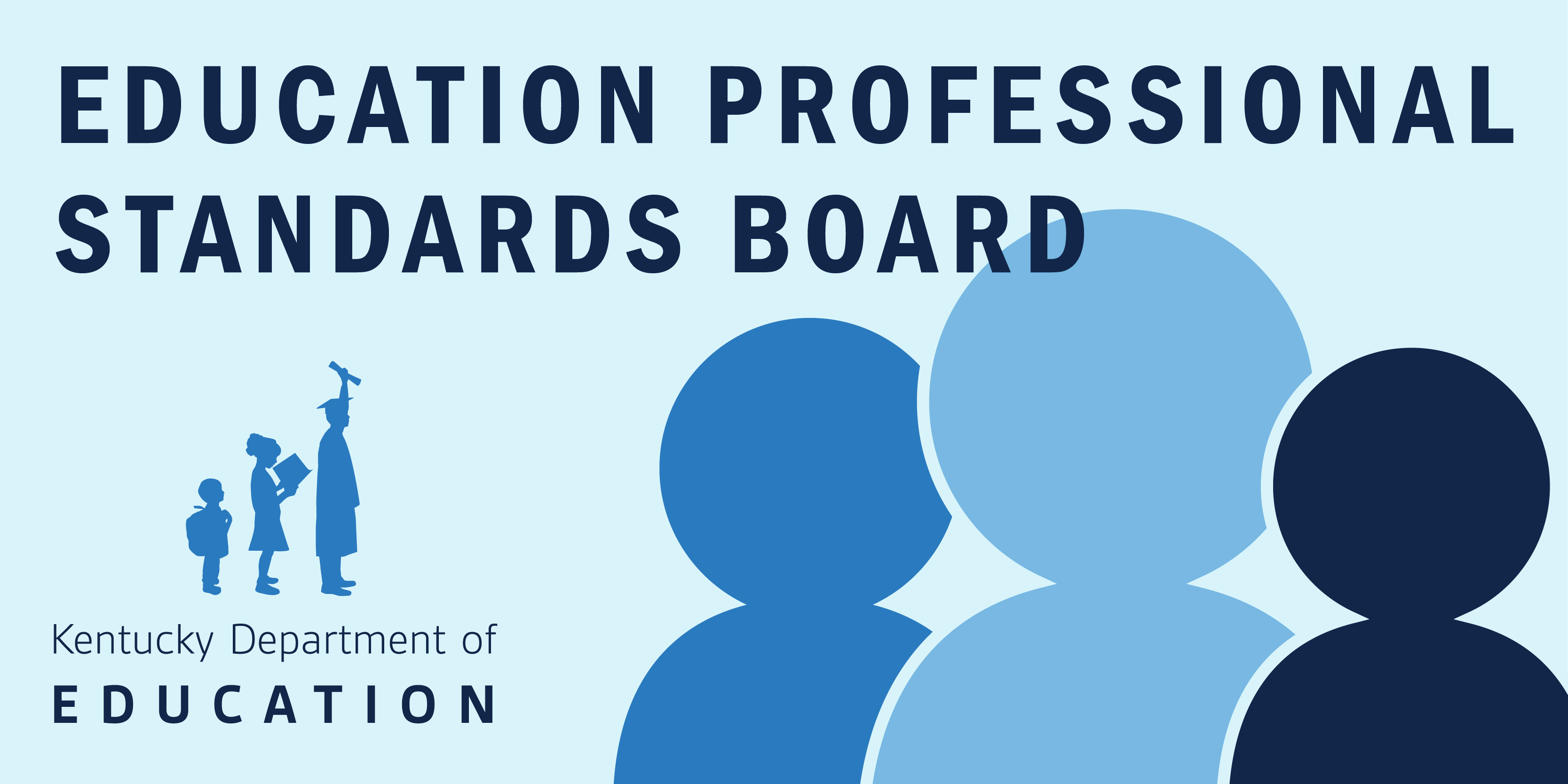 (FRANKFORT, KY) – Members of the School Curriculum, Assessment and Accountability Council (SCAAC) discussed the latest assessment and accountability prototype produced by the Kentucky Department of Education (KDE) and the Kentucky United We Learn Council during the council’s meeting on Sept. 17.
(FRANKFORT, KY) – Members of the School Curriculum, Assessment and Accountability Council (SCAAC) discussed the latest assessment and accountability prototype produced by the Kentucky Department of Education (KDE) and the Kentucky United We Learn Council during the council’s meeting on Sept. 17.
Commissioner of Education Robbie Fletcher said KDE has reached out to numerous advisory councils, education stakeholders and community members to include as many voices as possible in the development of the prototype. Some of those discussions have led KDE staff to focus more on student growth compared to the current system.
“I think that is probably one of the best parts of accountability: how did the individual student grow?” Fletcher said. “Whether it be a gifted and talented student (or) an ELL (English language learner) student–regardless of the label that we give them, where do we get the child and where did we take them? That seems to be very common among our folks.”
Alan Young, a teacher in Jefferson County, said the work KDE has been doing on the assessment and accountability prototypes has been an “incredible way forward in terms of looking at how we might assess learning and growth in Kentucky and how it is a learner-centered approach.” He also said he wonders if there’s more room to work with how student growth is defined.
Jennifer Stafford, director of the KDE Division of Assessment and Accountability Support, said the department has been working with local and national experts, including the Center for Assessment, to make sure Kentucky has the right metrics and measures in place to measure growth.
KDE and the Kentucky United We Learn Council have been working on prototypes for a reimagined assessment and accountability system that will prioritize innovation, personalization, local community and student voice, and the incorporation of vibrant learning experiences. Stafford said locally determined domains also may be part of the framework.
The most recent prototype reflects a new state accountability system that Stafford said is meaningful and useful to all learners, while driving the dialogue, goal setting and improvement efforts related to school quality.
KDE is now entering a study phase of the prototype, which involves seeking input from all districts through Kentucky’s education cooperatives and conducting focus groups with 36 school districts to provide feedback. The department has also launched a stakeholder feedback survey to gather comments from the community.
Ultimately, a finalized assessment and accountability proposal will be developed for the Kentucky General Assembly to consider as early as the 2026 legislative session, Stafford said.
To learn more background and explore specific details about the assessment and accountability prototype, visit KDE’s Reimagining Assessment and Accountability Prototype Resources webpage.
Kentucky Numeracy Counts Act
Jennifer Fraley, the recently-hired KDE director of mathematics, introduced herself to SCAAC members and went over the implementation of House Bill 162 (2024), the Kentucky Numeracy Counts Act.
Fraley, who was previously the chief academic officer for Carter County, said the legislation helps address issues with mathematics early in a child’s education, aiming to ensure students are proficient in math by the end of the 3rd grade.
“As the bill made its way through the legislative process, it became obvious that we have to start at the beginning,” she said. “We can’t doctor the plant at the leaves or at the stems, we have to doctor it at the roots, and that is why we have the Kentucky Numeracy Counts Act.”
She said the legislation is focused on providing a seamless multi-tiered system of supports and having strong screening and diagnostic mathematics assessments in place to provide reliable guidance on where a child is at with their learning.
As far as implementation, Fraley discussed KDE’s progress on key action items.
Part of the Kentucky Numeracy Counts Act tasks KDE with creating K-8 teacher academies that provide coaching for educators on evidence-based practices in instruction, instructional materials and assessment in mathematics. Fraley said multiple opportunities are already available: registration for the EPIC Numeracy Alliance for grades 3-8 is open with launch meetings scheduled for Sept. 27 and Oct. 17, and AdvanceKY’s Access to Algebra for middle school educators is currently accepting participants.
KDE is also working on new initiatives with the Kentucky Center for Mathematics’ K-5 Teacher Academy and the Partnership Institute for Math and Science Education Reform’s (PIMSER’s) Leadership Academy. Registration for both is expected to open in April 2025.
“We are really looking to try to find ways to build some systemic capacity to incentivize the participation of both leaders and teachers from schools and districts so that they are learning alongside each other,” Fraley said. “We are being very intentional in our planning.”
Fraley said KDE is working on a list of approved numeracy universal screeners and diagnostics to publish for school leaders by February 2025. The Kentucky Numeracy Counts Act requires superintendents to adopt from the approved lists by Jan. 1, 2026, for implementation in the 2026-2027 school year.
The Kentucky Numeracy Counts Act also requires KDE to provide grants to local districts and schools to purchase high-quality instructional resources (HQIRs) and associated curriculum-based professional learning to help implement high-quality, evidence-based curriculum aligned with the Kentucky Academic Standards. The application process for those grants will start in spring 2025, and awards will be given out in the fall.
More information about the Kentucky Numeracy Counts Act can be found on the KDE Legislative Guidance webpage and the House Bill 162 Supplemental Guidance webpage.
In other business:
- KDE staff provided an update on the 2024 assessment and accountability public reporting timeline.
The next School Curriculum, Assessment and Accountability Council meeting is Nov. 19.



Leave A Comment